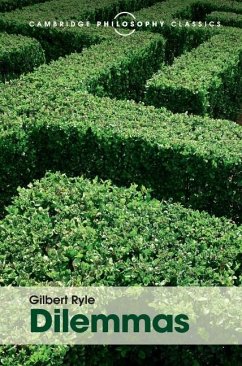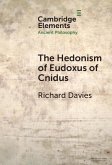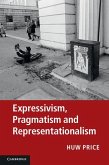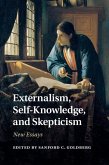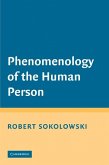Common sense tells me I can control my life to some extent; should I then, faced with a logical argument for fatalism, reject common sense? There seems to be no place in a physical theory of the universe for the sensory experiences of colours, taste and smells, yet I know I have these experiences. In this book, Gilbert Ryle explores the conflicts that arise in everyday life and shows that the either/or which such dilemmas seem to suggest is a false dilemma: one side of the dilemma does not deny what we know to be true on the other side. This classic book has been revived in a new series livery for twenty-first-century readers, featuring a specially commissioned preface written by Barry Stroud.
Dieser Download kann aus rechtlichen Gründen nur mit Rechnungsadresse in A, B, BG, CY, CZ, D, DK, EW, E, FIN, F, GR, HR, H, IRL, I, LT, L, LR, M, NL, PL, P, R, S, SLO, SK ausgeliefert werden.

